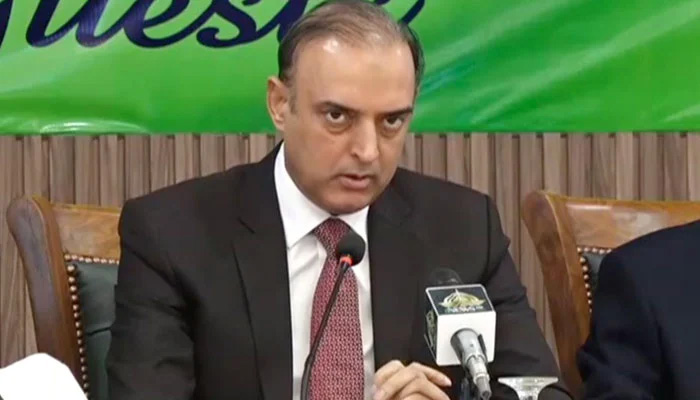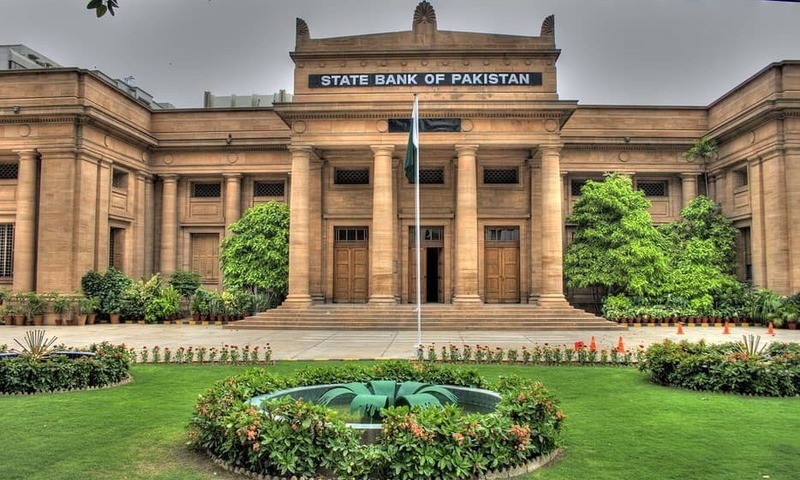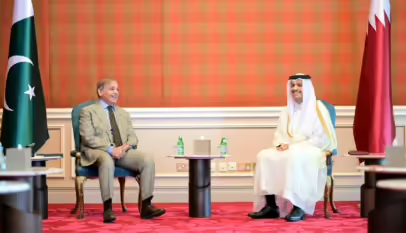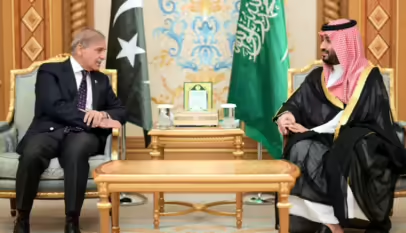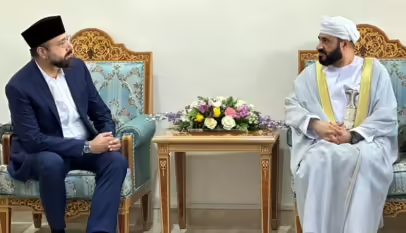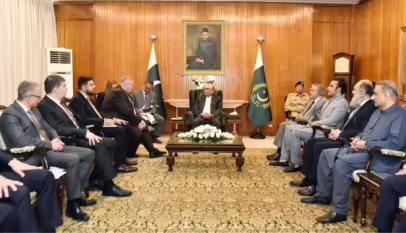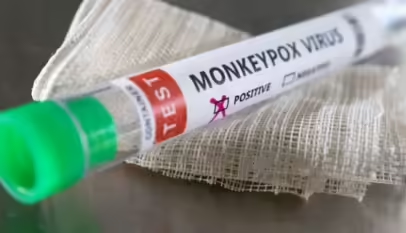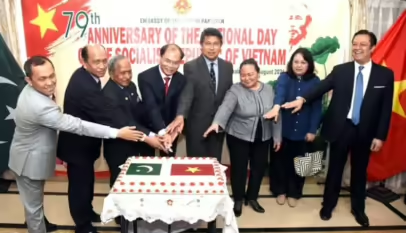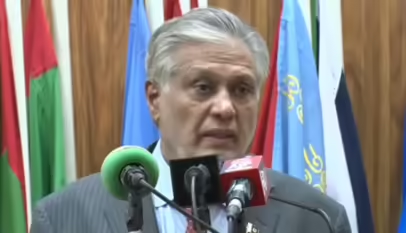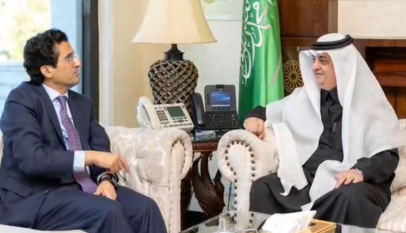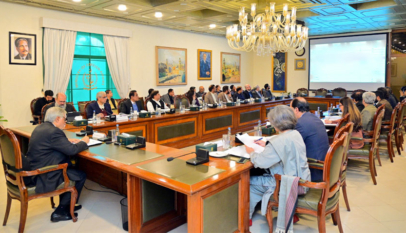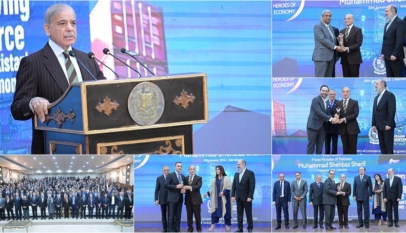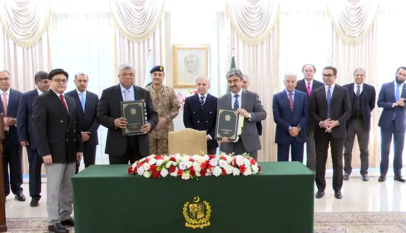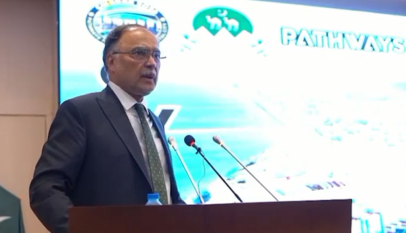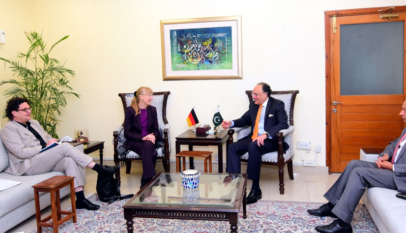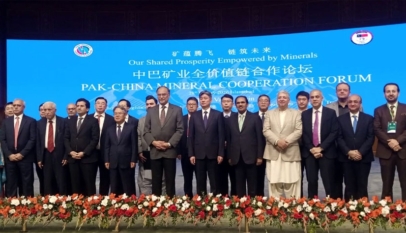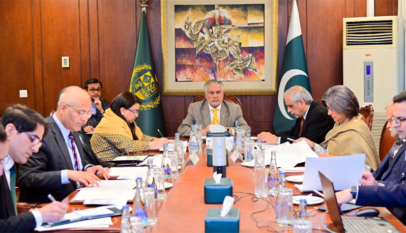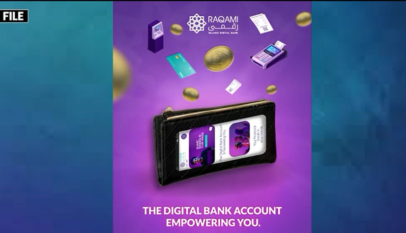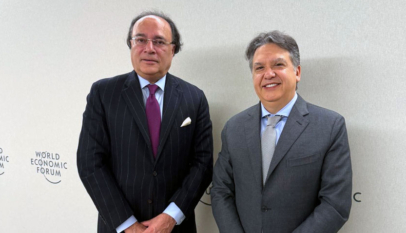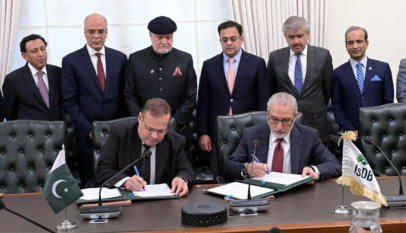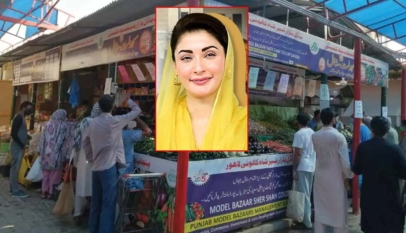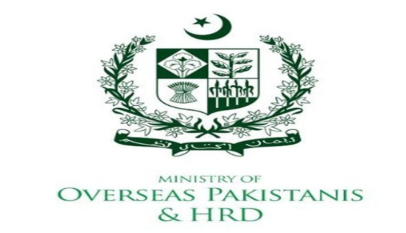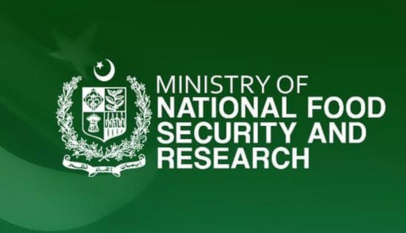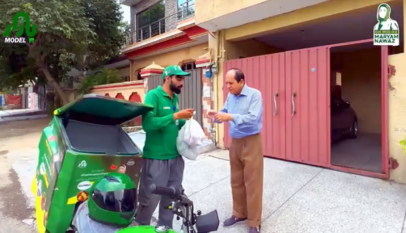Pakistan is likely to receive dollar inflows from “next week”, State Bank of Pakistan (SBP) Governor Jameel Ahmad announced on Monday, hoping the country’s foreign exchange reserves position will strengthen in due course.
“We are expecting to witness inflows from next week onwards, which would reduce pressure on our foreign exchange reserves,” the SBP governor said in his address to the Federation of Pakistan Chambers of Commerce and Industry (FPCCI).
Ahmad added that following the inflows the position of foreign exchange reserves — which now stand at their lowest level since February 2014 — will improve paving the way for the removal of restrictions on imports.
Pakistan banned the import of all non-essential luxury goods in May to avert a balance of payments crisis and stabilise the economy. However, following severe criticism from stakeholders the authorities concerned removed restrictions on the import of some goods to facilitate the industries.
The low reserves led the SBP to place import restrictions earlier last year, much to the dismay of several importers and businesses in Pakistan that cited these curbs as the reason behind shutting down or scaling back their operations.
Pakistan’s reserves have rapidly depleted to less than three weeks of import cover of $4.5 billion as of January 6, however, the SBP chief assured the businessmen that dollar inflows would start pouring in from next week following which decisions regarding import curbs will be taken.
Addressing the grievances of the business community regarding difficulties faced in opening Letters of Credit (LCs), the governor said “it takes time to verify submissions”.
“Currently, the central bank cleared around 33,000 LCs with special consideration for raw material imports used in goods which are exported,” he said revealing that the commercial banks also requested the regulator to prioritise LCs needed for the import of food items, medicines, and oil.
Shedding light on the involvement of commercial banks in exchange rate manipulation, Ahmad said an investigation had been completed, assuring the industry players of strict action against the guilty.
“Rest assured all commercial banks involved in manipulating the exchange rate will be held accountable,” he said, adding that a detailed report will be released on January 23 — the same date the central bank is expected to announce the monetary policy rate.
The SBP chief did not comment on the central bank’s monetary policy stance.
At the outset of the meeting, the industrialists highlighted several issues due to which their businesses were suffering.
Former FPCCI president Mian Nasser Hyatt Maggo warned the central bank chief that if supply chain hurdles weren’t removed the country would witness high levels of unemployment and the prices of essential food items would go through the roof.
Lambasting the central bank and Ministry of Finance for not having a proper plan in place, he predicted that if the situation persisted the price of pulses would shoot to Rs1,000 per kg.
Meanwhile, industrialist Saleem Bikiya lamented that he had to lay off 600 of his employees out of a total strength of 950 due to the ongoing financial crunch.
Bikiya urged the governor to take adequate measures to ensure the availability of dollars so that the companies and industries could survive the ongoing crisis.

